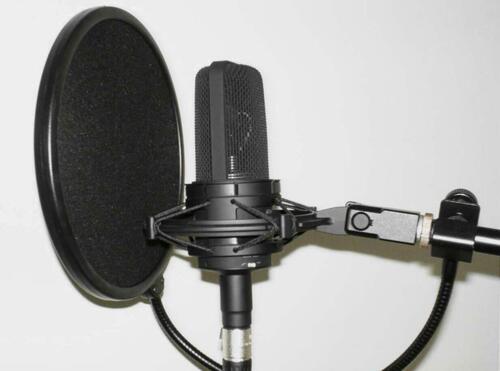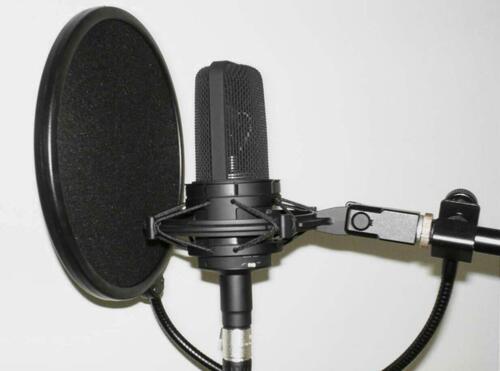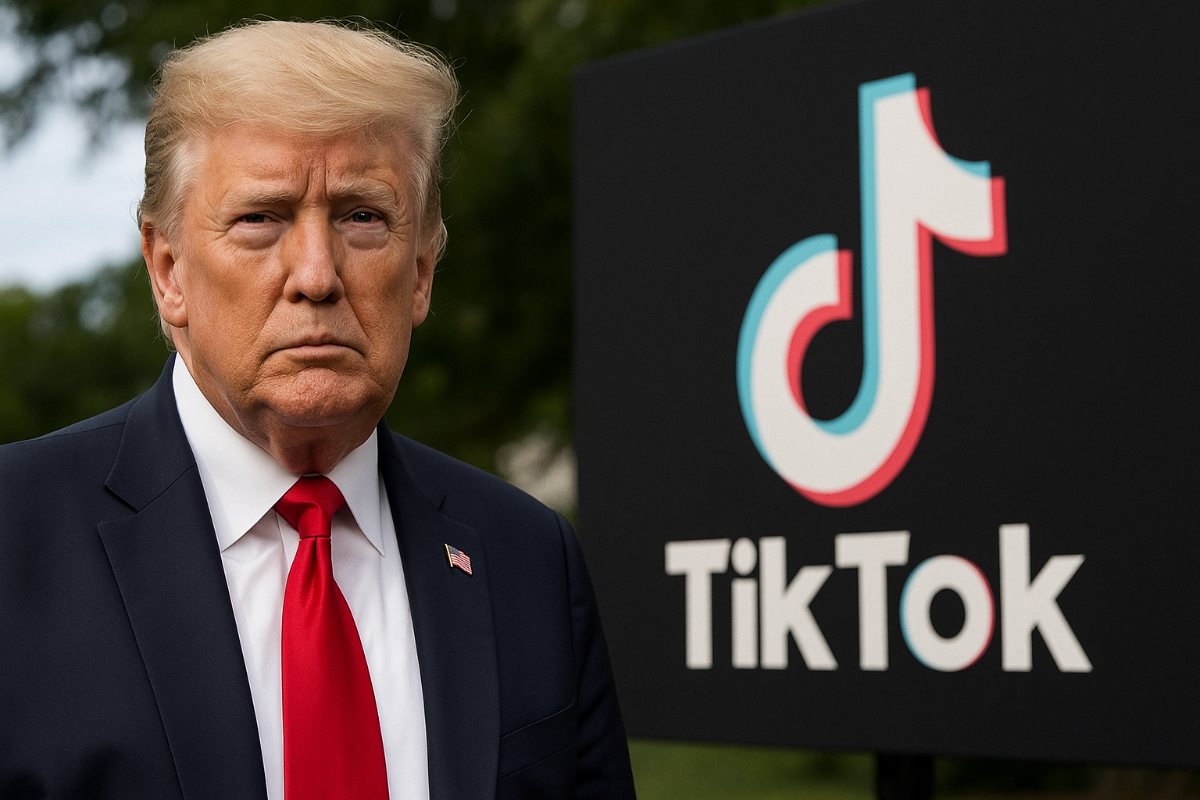
NPR Скандал должен убить налогоплательщиков вещание
Авторизован Чарльзом Липсоном через RealClearPolitics.
"Я не хочу, чтобы вокруг меня были да-мужчины.Сэм Голдвин, голливудский продюсер, известный своими фильмами и малапропизмами. Я хочу, чтобы все говорили мне правду, даже если это будет стоить им их работы. Должно быть, руководство Национального общественного радио услышало Сэма, но они добавили световое сообщение. Мы хотим только «да-мужчин» (они/они) и будем загружать любого, кто осмелится не согласиться.

Пусть будет двойник, НПР только что доказал это отстранением, без оплаты, сотрудника, который обнажил там всепроникающие проблемы. Он стал публично писать, что Публикация Радио было однородно идеологическим, глубоко привержено резким левым взглядам и решительно настроено исключать любые альтернативы. За то, что они сказали это вслух, они отрезали платёж Ури Берлинера на пять дней. Это их способ сказать: «Спасибо за вашу обратную связь». Q.E.D.
Берлинер в среду подал в отставку с резким заявлением: «Я не могу работать в редакции, где меня оскорбляют». Кто мог?
Здесь действительно две проблемы, а не одна, и они выходят далеко за рамки отставки одного журналиста. Во-первых, это политическая предвзятость, которая является проблемой во всех «элитных» сетях и газетах, где «тяжелые новости» сильно наклонены. Во-вторых, некоторые из этих каналов, в частности NPR, PBS и их местные филиалы, получают фонд налогоплательщиков.
Давайте сначала возьмем политическую предвзятость. Когда-то кардинальным правилом журналистики было то, что партийные или идеологические взгляды должны ограничиваться редакторами и колонками мнений. Цель состояла в том, чтобы максимально исключить редакционные взгляды из репортажей в твердых новостях. К этому редакция постоянно думала с бизнес-командой, которая хотела, чтобы освещение благоприятствовало их рекламодателям.
Эти дни давно прошли, как и идеал беспристрастного освещения. Мы вернулись в более раннюю эпоху, когда американские газеты были тесно связаны с политическими партиями и местными политическими машинами и освещали новости в их пользу. Сегодняшние СМИ возродили эту позицию. Они так же идеологически движимы, как и класс по гендерным исследованиям в колледже Смита. Если вы отделены от этой идеологии, вы выбываете, как Бари Вайс из Нью-Йорк Таймс.
Поскольку в редакциях сейчас так мало несогласных, репортеры и редакторы живут внутри пузыря и почти не замечают своего окружения. Если они это сделают, они будут полны решимости сохранить эту замкнутость.
Фрагментация сегодняшнего медиа-ландшафта поощряет эти сильные, партизанские позиции. Газеты, журналы, кабельные сети и подкасты знают, что рынок мелко закручен. У них есть сильные интересы, чтобы выбрать кусочек рога для тематики и обратиться к нему, подтвердив белый цвет своей аудитории, а не бросая ему вызов. Это так же верно для правого радио, как и для левого общественного радио.
Точно так же, как элитные атрибуты переместились дальше влево, так и элитные публикации и трансляции.. Поскольку Демократическая партия пошла по тому же пути, даже несмотря на то, что республиканцы стали более националистическими и популистскими, предвзятость в элитных отделах новостей, естественно, переместилась дальше влево. Это включает в себя такие каналы, как NPR и PBS. Их аудитория управляет электромобилями, а не Ford F-150.
Что делает эту предвзятость проблемой политики, так это то, что NPR, PBS и их местные отделения получают деньги налогоплательщиков. Они не должны. Это было оправдано для образовательных программ. Это не может быть оправдано для новостей или развлечений.
Общественность, живущая за новостное программирование, принципиально ошибается в демократии, когда есть так много других способов получения новостей и информации. Проблема усложняется, когда деньги налогоплательщиков оплачивают частичное покрытие. Это не проблема для MSNBC или New York Times. Это частные предприятия. Они могут делать все, что им вздумается. Не так для NPR, PBS и их местных филиалов. Они ау получать деньги налогоплательщиков.
Когда NPR столкнулась с критикой на этой неделе, она ответила обманчивой статистикой, утверждая, что менее 1% ее денег принадлежит правительству. Это трехкарточный учет.
Чтобы понять, почему, мы должны посмотреть, как Вашингтон нарушает деньги налогоплательщиков для общественного телевидения и радио, около 500 миллионов долларов в следующем финансовом году. Эти деньги не идут напрямую в НФО. (Следовательно, требование 1%.) Они получают его напрямую. Во-первых, федеральные расходы идут на Корпорацию общественного вещания, частную организацию, как это предусмотрено законом 1967 года. КПБ направляет почти все эти деньги местным общественным радио- и телевизионным станциям в качестве «грантов сообщества». Затем станции используют часть этих денег для покупки синдицированных программ, таких как «Утреннее издание» и «Все рассмотрено». "
Последняя финансовая отчетность NPR показала, что около трети выручки было получено от покупки программ NPR на местных станциях. Значительная часть денег на эти покупки поступила от Корпорации общественного вещания. Скрывать этот источник налогоплательщика для NPR было его трюком с тремя картами.
Главная проблема здесь не в обмане или предвзятости, а в том, что они плохие.. Это также не масштаб общественного фонда. Основная проблема заключается в том, что налогоплательщики не должны подписывать какие-либо внутренние новостные организации на какую-либо сумму. Отчетность должна быть полностью независимой от города, штата и федерального правительства, чтобы журналисты могли сообщать о политических проблемах без подвига или поддержки.
Основанное правительством вещание для иностранной аудитории отличается. Американские налогоплательщики имеют законные основания для финансирования «Голоса Америки» и других каналов, прежде всего для получения новостей от цензоров диктаторов. Но Голосование защищено законом, от вещания в Соединенных Штатах или создания программ для американской аудитории. Это исключительно правильно. Такая же логика должна применяться к новостным и новостным программам из NPR и PBS и их местных филиалов.
А как же «образовательное телевидение»? Были веские причины для создания финансируемой государством сети, посвященной этой миссии в 1950-х и 1960-х годах. Существовали только три основные сети и, конечно, ген, необходимый для образовательного контента. Эта неполитическая служба продолжалась с 1954 по 1970 год. Это удалось Общественной службе вещания, которая быстро отказалась от комментариев о «образовании». Станции старого Национального образовательного телевидения были сложены в PBS. Их исследования теперь включают в себя сочетание развлечений, образовательных программ, новостей и новостных интервью.
Национальное общественное радио, напротив, никогда не включало много образовательного контента. В течение многих лет это была просто левая альтернатива праворадио. Это было бы хорошо, если бы все живые были частными. Это не так.
Лучшие образовательные программы, такие как «Улица Сезам», помогают детям учиться. Таким образом, есть веские причины для продолжения андеррайтинга таких программ. В идеале, они должны быть предоставлены бесплатно любому, кто хочет транслировать их, размещать их в Интернете или использовать их в классе.
Но нет никаких оснований для того, чтобы федеральные, государственные или городские власти владели каким-либо вещательным каналом, кроме как для трансляции общественных собраний и слушаний. Для всего остального, включая образовательные программы, существует бесчисленное множество каналов на кабельном телевидении и YouTube.
Хорошим примером того, что правительство может должным образом финансировать, являются замечательные видео о научных открытиях, представленные на приемлемом языке доктором Фермилабом Доном Линкольном. Лаборатория финансируется правительством, и доктор Линкольн передает свою работу общественности, публикуя брифинги в Интернете. Он делает то, что делало «образовательное телевидение» в 1950-х годах. В 2020-х годах такие программы, как «Доктор Линкольн», могут быть размещены в Интернете бесплатно. Нам не нужно общественное телевидение или радио для этого, и нам не нужны их публично финансируемые подкасты.
Если частные учреждения хотят публиковать свои собственные образовательные видеоролики бесплатно или для продажи, мир открыт для них. Пусть «Великие курсы» к этому, продавая их онлайн. Пусть это сделает «Университет Прагера». Пусть MIT транслирует свои научные курсы. Пусть расцветает миллион подкастов. В частном порядке.
Если федеральное правительство хочет финансировать гениальное образовательное содержание, хорошо. Также хорошо предоставлять государственные услуги, такие как информация о погоде, которую налогоплательщики уже финансируют. Но если федеральное правительство, города или штаты хотят финансировать программы новостей и интервью, это не нормально. Пусть частные записи к нему. Исключительно.
Что делать с существующими частотами общественного вещания на радио и телевидении? Выставить их на аукцион и вложить деньги в общественное обращение. Если гражданские группы или благотворительные организации покупают их, хорошо. Если коммерческие праздники покупают их, это тоже хорошо. Департамент образования по-прежнему может финансировать образовательные программы и предоставлять контент любому, кто хочет использовать его или транслировать на своих каналах. Каждый год 500 миллионов долларов должны покупать много нового контента.
То, что правительство не должно финансировать, производить или транслировать, — это новости или программы для прессы. Проблема не только в политической предвзятости. Проблема в том, что тяжелая рука правительства не должна контролировать какие-либо новости в США. Пусть президент, секреты кабинета министров, сенаторы и представители проведут пресс-конференции. Пусть Белый дом, Пентагон или Госдепартамент проводят брифинги. Этого более чем достаточно, чтобы получить сообщение.
Им не нужно финансировать вещательные сети. Это было бы справедливо, даже если бы журналисты и их выступления были честными. Это не так, и это еще одна причина, чтобы положить конец этому общественному фонду. Но это не главная причина. Основная причина в том, что правительство с его глубокими карманами и принудительной властью просто ворона контролирует любую вещательную сеть. Не в свободной стране.
Чарльз Липсон является почетным профессором политологии Питера Б. Рицмы в Чикагском университете, где он основал Программу по международной политике, экономике и безопасности. С ним можно связаться по адресу [email protected].
Тайлер Дерден
Сат, 04/20/2024 - 14:00












![Wyrok: świadczenia z MOPS do 34h na podstawie zaświadczenia lekarza, ale bez orzeczenia o niepełnosprawności [wyrok WSA z 4 czerwca 2025 r.]](https://g.infor.pl/p/_files/38445000/podwyzki-38444589.jpg)



